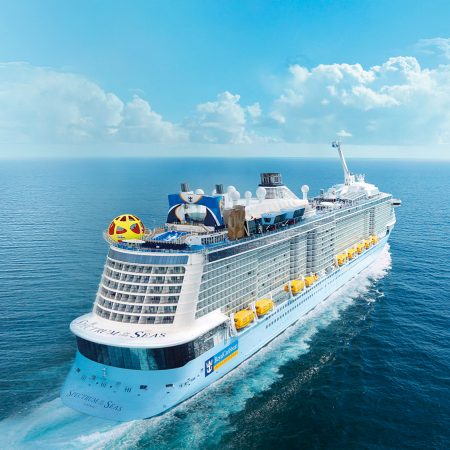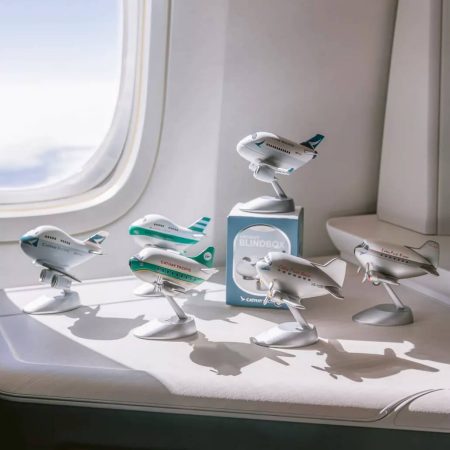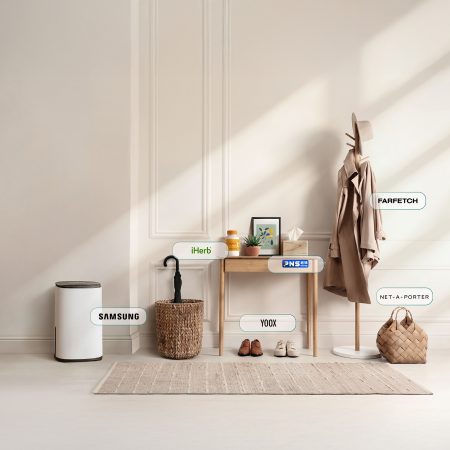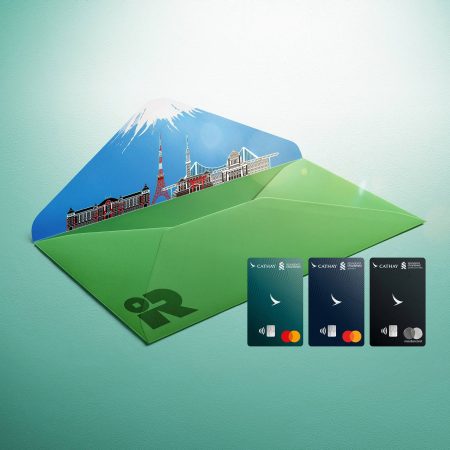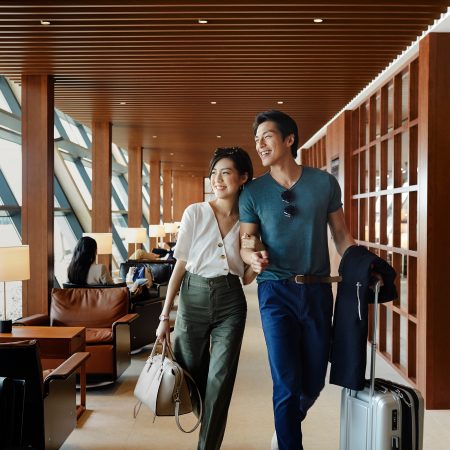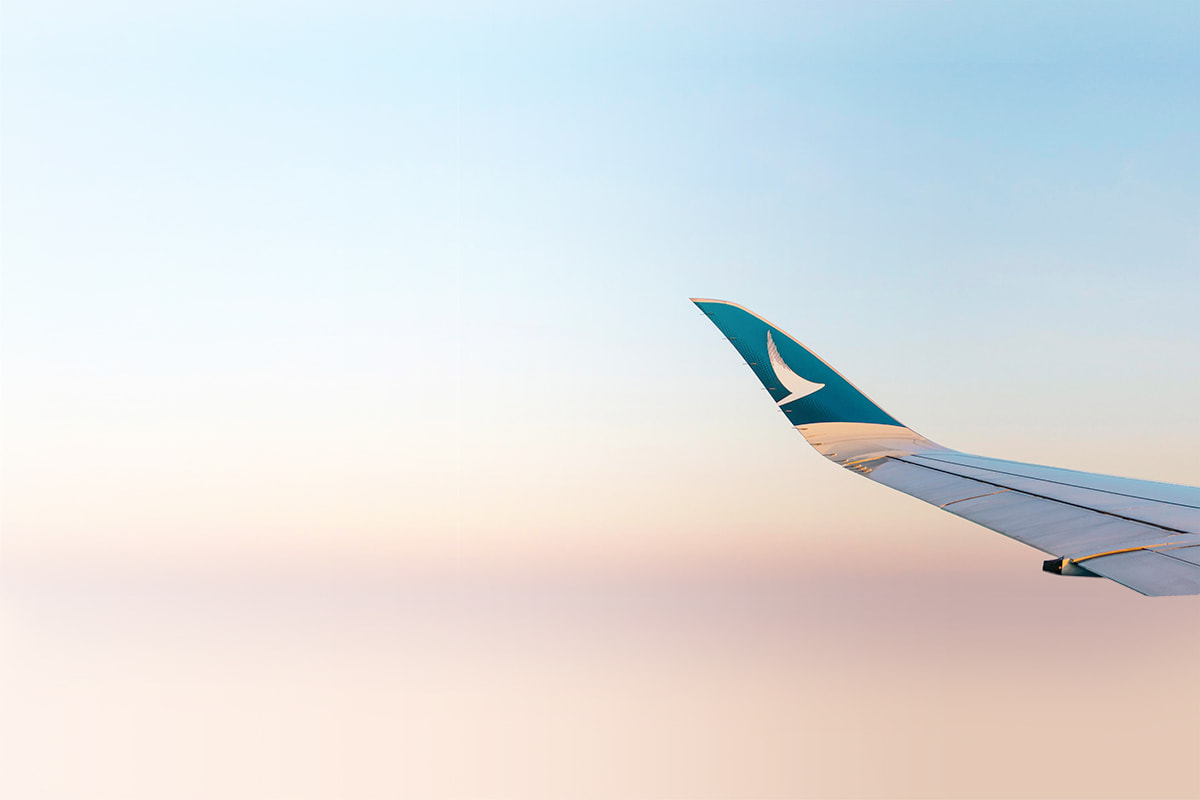What travellers should know about COVID-19
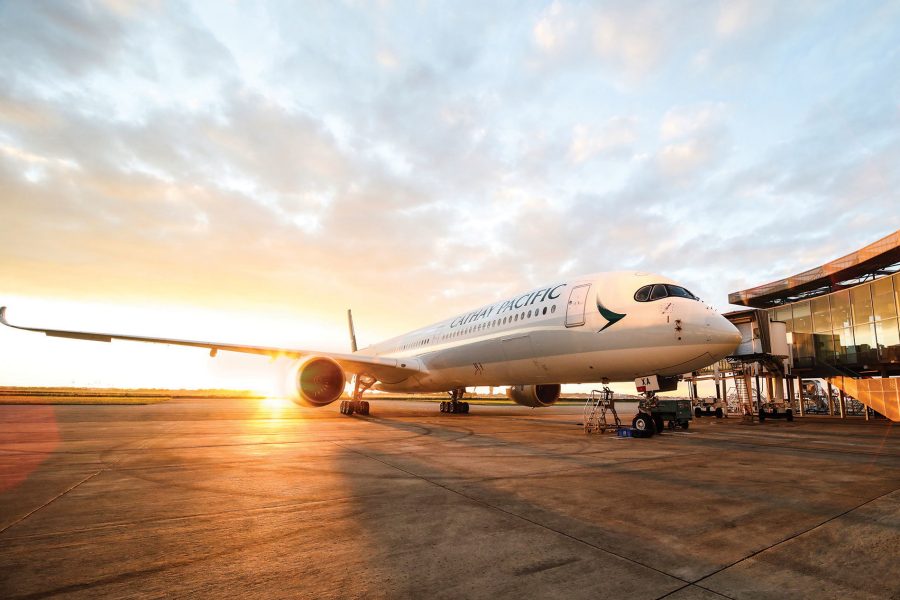
Valni Haughton, Head of Occupational Health at Cathay Pacific Airways, shares information about the current outbreak of COVID-19 based on expert advice from the WHO, IATA and Hong Kong’s local health authority, and how Cathay Pacific is responding to the situation.

What are coronaviruses?
Coronaviruses are a large family of viruses found in both animals and humans. Some can cause illnesses in people, ranging from the common cold to more severe diseases such as Middle East Respiratory Syndrome (MERS) and Severe Acute Respiratory Syndrome (SARS). The new, or ‘novel’ coronavirus is a previously unidentified strain of coronavirus, which is responsible for the outbreak that began in Wuhan, China in December 2019 – and has been named COVID-19 by the WHO.
How concerned should we be?
As with other respiratory illnesses, COVID-19 can present with mild symptoms including a runny nose, sore throat, cough and fever. It can however be more severe for some persons and, on rare occasions, the disease can be fatal. Older people, and people with pre-existing medical conditions (such as diabetes and heart disease) appear to be more vulnerable to becoming severely ill with the virus.
The risk of exposure will depend largely on a person’s location and whether there is ongoing community transmission of COVID-19. People living or travelling in an area where the virus is circulating may be at risk of infection if they come into close contact with a symptomatic infected person.
Is it safe to fly right now?
According to IATA medical advisor Dr David Powell, the risk of contracting a virus onboard a flight is probably lower than in many confined spaces, because modern aircraft have cabin air filtration systems equipped with High Efficiency Particulate Arrester (HEPA) filters. These filters have similar performance to those used to keep the air clean in hospital operating rooms and industrial clean rooms. These filters are effective at capturing 99.999 per cent of airborne microbes in filtered air. Furthermore the cabin air system delivers approximately 50 per cent outside air and 50 per cent filtered, recirculated air. This means the supplied air is essentially sterile.
The information available tells us that COVID-19 spreads primarily through contact with a symptomatic infected person’s respiratory droplets, which is generated when a person coughs or sneezes, or through droplets of saliva or discharge from the nose. This is called ‘droplet spread’. Similar to other diseases that are spread via this route, the risk of infection to passengers is very minimal, but maintaining good personal hygiene is always recommended while travelling on a plane. Click here to learn more about why you can fly with confidence during the pandemic.
Should I wear a mask?
Yes, it is a compulsory requirement for all passengers and cabin crew to wear a mask throughout their flight and in the airport. Masks are also most effective when used in combination with frequent hand-cleaning. The best thing to do is follow this practical advice.
What is the Cathay Pacific Group doing to prevent COVID-19 from spreading?
We are closely following and implementing all recommendations from the WHO and IATA. Our aim is to assist local health authorities to limit further spread of the disease by maintaining high hygiene standards in our planes, lounges and workplaces; and providing our employees with appropriate, evidence-based information and tools to protect themselves and our passengers. We are also flying essential medical and other supplies into Hong Kong and the Chinese mainland.
Do you have any other tips?
There are many alarming reports surrounding the current outbreak circulating in the news and on social media. These can create significant stress and panic in the general community. The WHO has been addressing these types of reports in its press conferences and putting them in context. It is therefore very important that you verify any claims or reports against reputable sources such as the WHO, US Centers for Disease Control and Prevention (USCDC) or European Centre for Disease Prevention and Control (ECDC) before accepting them as the truth.
Cathay Pacific is continuously monitoring and updating their safety measures in response to the current situation. Visit our coronavirus (COVID-19) information centre for the latest updates and more information about the precautionary measures they’re taking.
What you can do to protect yourself onboard
Wash your hands frequently
Washing your hands frequently with soap and water and using an alcohol-based hand sanitiser are the best ways to keep yourself healthy. Also avoid touching your face, eyes, mouth and nose, and try to avoid touching other people or shaking hands.
Why? Washing your hands with soap and water or using an alcohol-based hand rub eliminates the virus if it is on your hands.
Minimise contact with other passengers
On board the plane, Cathay Pacific will endeavour to block off seats wherever possible to maintain distance. Inflight, the less you walk around, the less contact you will have with others. And when it comes to disembarkation, make sure you take your time to ensure there’s enough space between you and other passengers in the aisles.
Why? This helps to maintain social distancing and reduce the spread of germs and viruses.
Postpone travel if you’re unwell
If you have a cold or virus it is advised that you avoid travelling; we are unable to accept anyone presenting symptoms consistent with COVID-19, such as a fever, cough or shortness of breath.
Why? Avoiding travel when you are sick will prevent you from spreading germs to fellow passengers.
This story was originally published in February 2020 and updated in October 2020
- China – the Chinese Mainland, Hong Kong SAR, Macao SAR and Taiwan Region
- Hong Kong SAR - English
- Chinese Mainland (China) - English
- Taiwan, China - English
- 香港特別行政區 - 繁體中文
- 中国內地 - 简体中文
- 中國台灣 - 繁體中文
- Africa
- South Africa - English
- Asia
- Bangladesh - English
- Korea - English
- Singapore - English
- Cambodia - English
- 한국 - 한국어
- Sri Lanka - English
- India - English
- Malaysia - English
- Thailand - English
- Indonesia - English
- Maldives - English
- ประเทศไทย - ภาษาไทย
- Indonesia - Bahasa Indonesia
- Myanmar - English
- Vietnam - English
- Japan - English
- Nepal - English
- Việt Nam - tiếng Việt
- 日本 - 日本語
- Philippines - English
- Australasia
- Australia - English
- New Zealand - English
